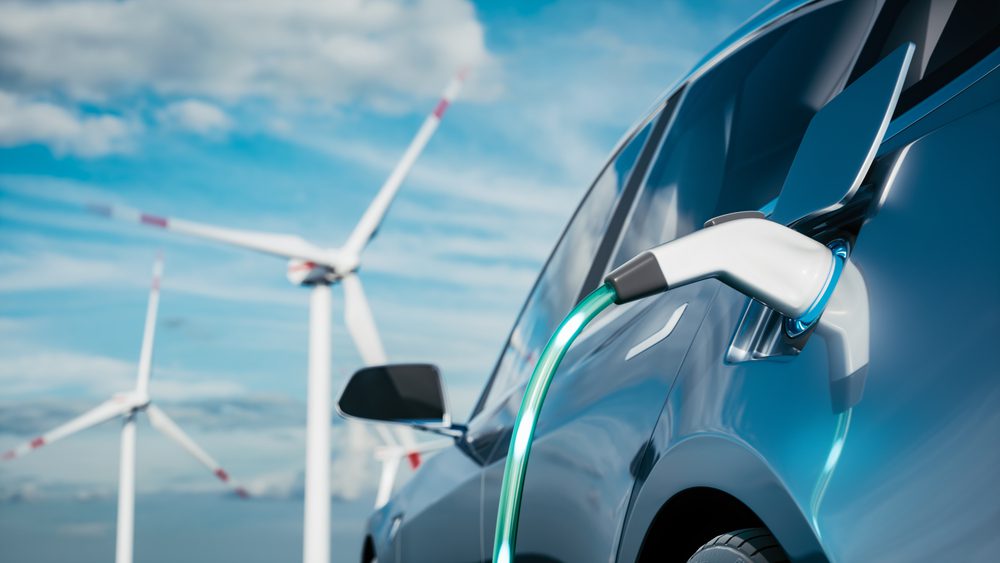New Law On Energy Storage and Electromobility
Felipe Massardo Rojas¹
On November 21, 2022, the Law that promotes the storage of electric energy and electromobility (Law No 21.505 of 2022)² , and which introduces a series of modifications to the General Law of Electric Services, was published in the Official Gazette.
The main objectives of the Law are to encourage the participation of renewable energies in the electricity matrix by promoting storage technologies; to enable the efficient connection of generation-consumption systems, which have their own generation capacity, with renewable energies; and to promote the sale of electric vehicles and enable them to participate in the electricity market as storage systems. Thus, the main matters regulated by the Law are the following:
- Participation of storage systems in the electricity market.
- The Law allows storage systems to inject energy into the electricity system, and in doing so, subjects them to the coordination of the National Electricity Coordinator.
- Storage systems may participate in energy and power transfers, which may be valued according to the instantaneous marginal costs of the electric system and at the node price of the power.
- If the power surpluses of the storage systems are equal to or less than 9,000 kilowatts, these will be eligible for a stabilized price and the distribution companies will have the obligation to allow the connection to their facilities, just like the means of distributed generation.
- End users subject to pricing that have storage systems will be able to inject the energy they store into the electricity distribution network. This includes storage systems that are part of electric vehicles.
- In addition, the Law establishes a period of one year from its publication for the Ministry of Energy to issue the regulations governing matters such as the determination of prices when storage systems are connected to facilities of the national, zonal or distribution system, as well as the price stabilization mechanisms applicable to the injected energy, and the way in which the dispatch and coordination of these systems will be carried out by the National Electricity Coordinator.
- Legal recognition of generation-consumption systems.
- The Law recognizes generation-consumption systems, defining them as productive infrastructure for purposes such as hydrogen production or water desalination, with its own generation capacity, through renewable generation means, which is connected to the electricity system through a single connection point, and which can withdraw energy from the electricity system through a supplier or inject its surpluses into it.
- This new category of systems will be subject to the provisions corresponding to generation plants and final customers not subject to price regulation, which will be specified through a regulation to be issued by November 21, 2023.
- Incentives for electromobility.
- For electric and hybrid vehicles with external recharging, and others qualified as “zero emissions” by the Ministry of Energy, a total exemption from the payment of the annual vehicle registration tax is established for a period of two years, and a partial exemption for the following six years.
- Additionally, the Law allows electric vehicles to participate in the electricity market as storage equipment. This implies that they will be allowed to inject energy into the grid and be remunerated, thus increasing the profitability of their acquisition.
This Law is the result of a cross-cutting State policy, which demonstrates Chile’s commitment to the promotion of renewable energies and the decarbonization of the electricity system. Once the Ministry of Energy issues the pertinent regulations, and the respective technical standards are adjusted to make this Law operational, progress will be made towards a complete integration of storage technologies in the Chilean electricity system. Likewise, the Law promises to be a concrete incentive for the massification of the use of electric vehicles.
¹Chilean Attorney, Law Degree from the Pontificia Universidad Católica de Chile, and Master of Laws (Public Law) from the London School of Economics and Political Science. With experience in the field of Energy, Environmental and Natural Resources Law. Email: fsmassardo@uc.cl
²Law available in Spanish at the website of the Chilean Official Gazzete: Publicación del Lunes 21 de Noviembre de 2022 (interior.gob.cl)
